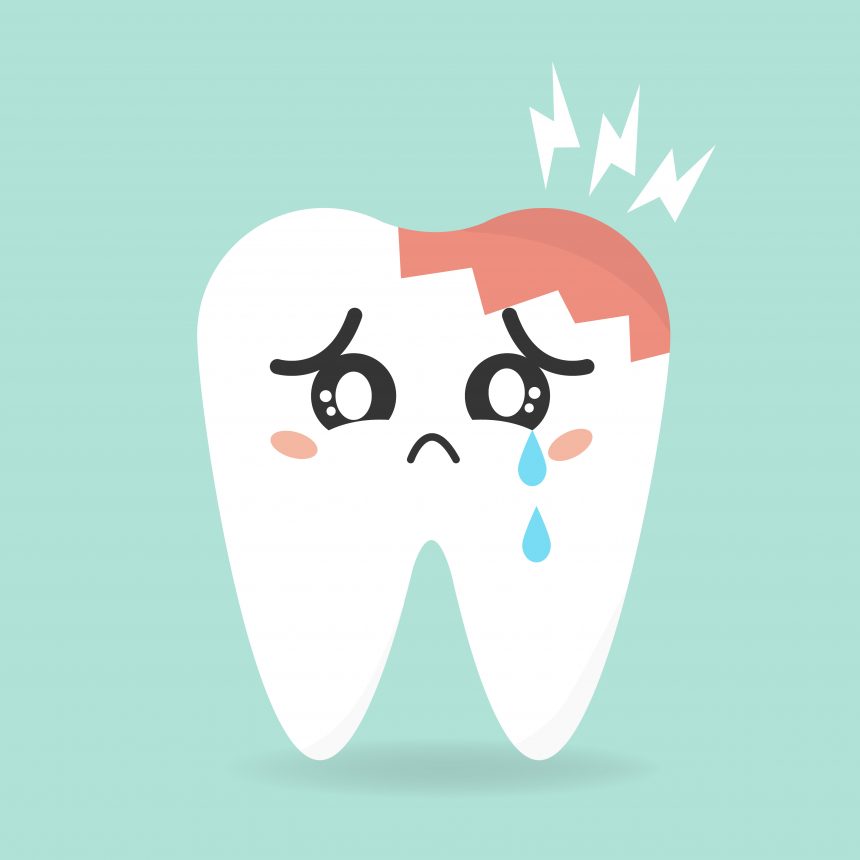Cavities are one of the most common dental problems we see at Unique Smiles. They happen in children as well as adults, and they’re also one of the biggest causes of tooth loss. In this post, we’ll explain the causes of cavities as well as what you can do to treat them.
What are cavities?
Cavities are holes in your enamel, which is the protective outer layer of your teeth. The cause of cavities is bacteria. Your mouth contains hundreds of types of bacteria, and many are harmless and some are even beneficial. However, some bacteria are harmful and it’s these bacteria that cause cavities. These bacteria convert the food you eat into acids, which wear down your enamel over time and create cavities.
What causes cavities?
When it comes to cavities, there are many causes. The common causes are:
- Poor dental hygiene. If you don’t brush your teeth enough, bacteria can build up on your teeth and create plaque. This plaque will slowly demineralise your teeth and make a hole in your enamel (i.e. a cavity). That’s why it’s important to brush twice a day. You should also floss at least once a day to remove any food stuck between your teeth.
- A diet high in sugar. The bacteria in your mouth love the sugar in your diet. They convert the sugar into harmful acids that damage your enamel.
- A lack of fluoride. Fluoride helps to demineralise your enamel and makes your teeth strong. Therefore, a lack of fluoride can promote cavities. Fortunately, most brands of toothpaste today contain enough fluoride for a person’s needs.
- A dry mouth. A dry mouth is a perfect environment for bacteria to create cavities. That’s because your mouth needs to saliva to fight bacteria. Smoking, alcohol and some medications can cause your mouth to become dry.
What should I do if I have a cavity?
The only way to treat a cavity is to see a dentist. Unfortunately, there are nothing else you can do. That’s because cavities don’t go away on their own and only a dentist can treat them.
Some people are too scared to regularly visit a dentist so they wait until they have tooth pain. This isn’t good because by the time you have tooth pain, your cavity will already be a serious problem. That’s why you should see a dentist regularly. A dentist can take care of cavities while they’re still small. The procedure is easy, quick and painless.
Cavity treatments
Your dental treatment will depend on the severity of your cavity:
- The smallest of cavities can sometimes be fixed with a professional fluoride treatment. Your dentist will decide if this could work for you.
- Small cavities only require a filling. Fillings are the most common method of dealing with cavities. They’re made from resins, porcelain or amalgam.
- If the cavity has reached the pulp of the tooth, then you might need a root canal. Here, the dentist will remove the diseased pulp in order to save the rest of the tooth.
- If the cavity has spread to the tooth’s root, then the dentist will have to remove the entire tooth. You will then be able to replace the removed tooth with a crown, bridge or denture.
Remember, without treatment, cavities will get worse. They can eventually lead to pain and even tooth loss. So please see a dentist regularly to catch cavities while they’re still small.


